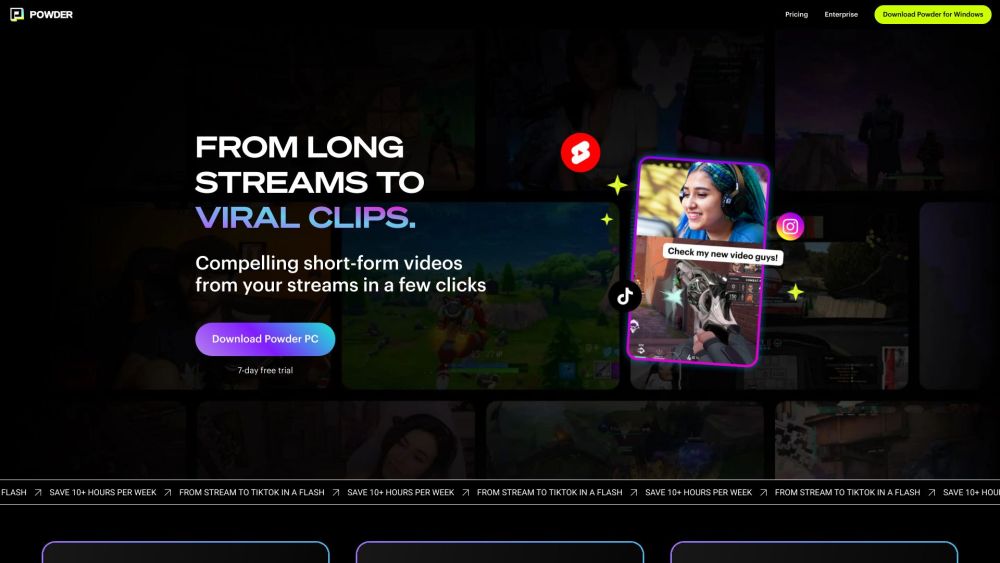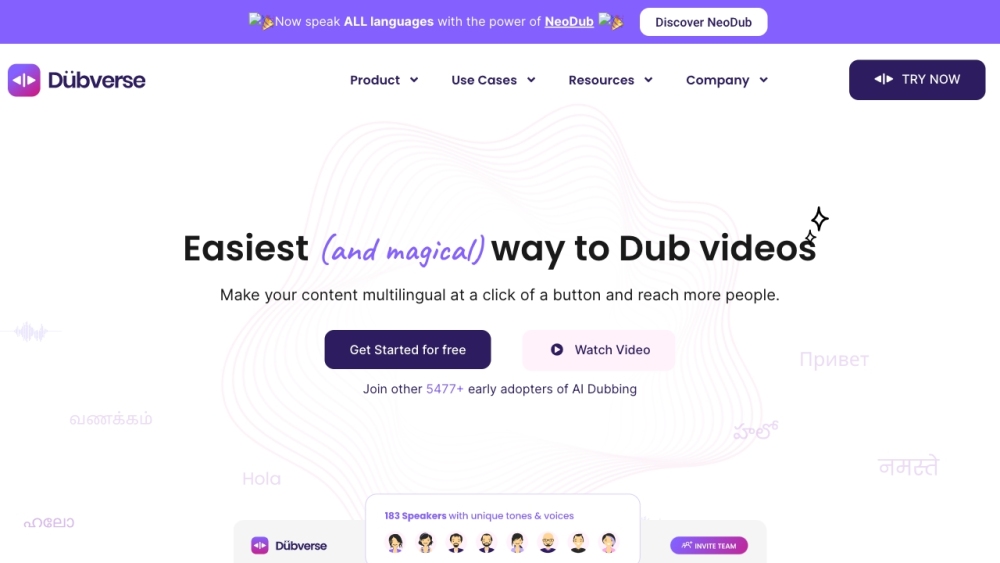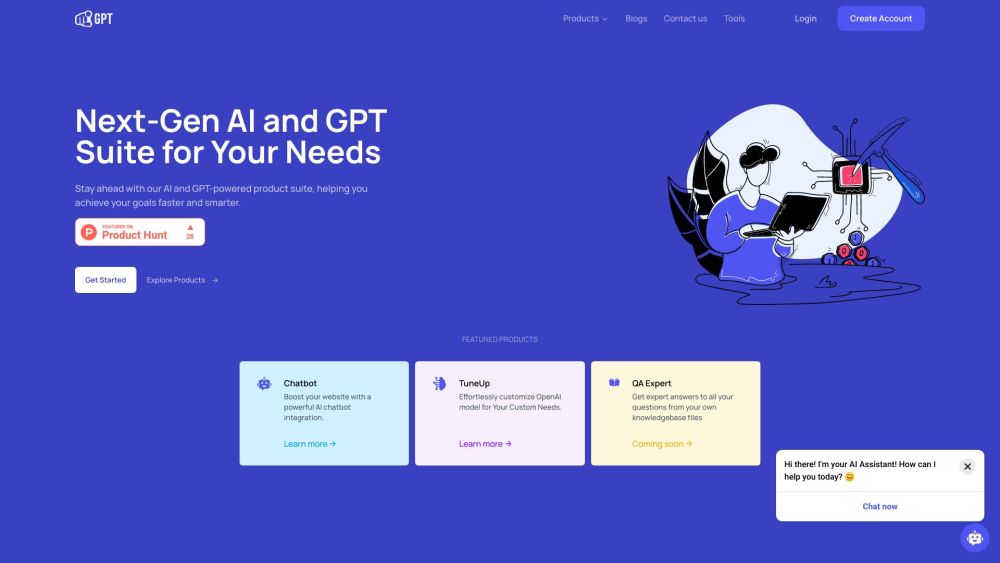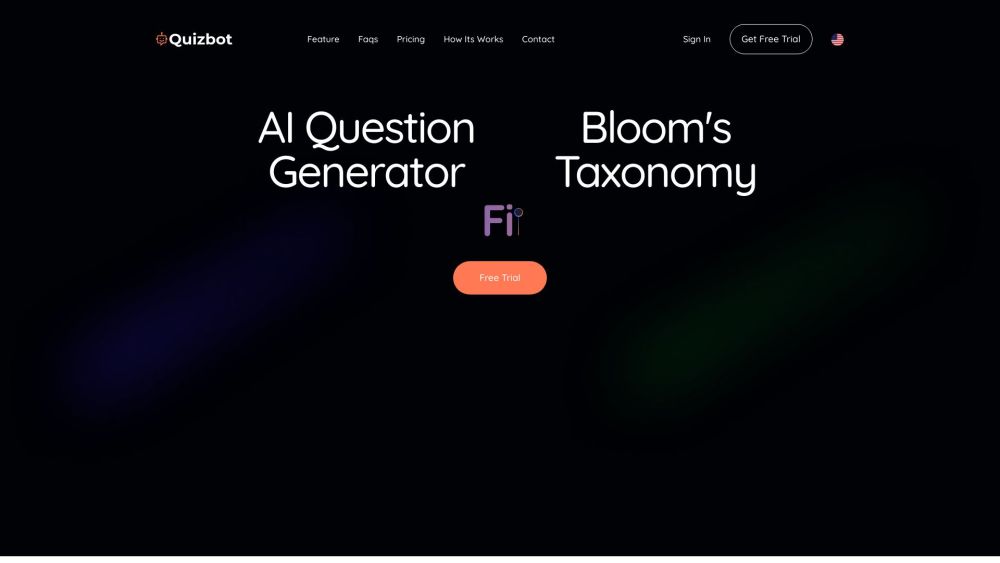Raghav Poddar, a computer science student at Columbia University, became captivated by the difficulties restaurant owners face in establishing a robust online presence. As a self-professed "foodie" who relied heavily on food delivery and pickup services in New York City, Poddar observed that while many restaurants excelled in cooking diverse cuisines reflective of their communities, their online visibility often fell short.
“Many restaurants struggle with their online presence, yet they have the skills to produce a broader array of dishes,” Poddar shared in an email interview. “Despite a broader slowdown in the tech sector, restaurants must embrace technology more than ever to protect their profit margins and increase sales.”
The significance of a strong online presence for restaurants cannot be overstated. A recent survey revealed that 77% of diners check a restaurant's website prior to dining in or ordering takeout, with nearly 70% stating they were discouraged from visiting due to a poor website experience.
Poddar addressed this gap by founding Superorder (formerly known as Forward Kitchens), an innovative platform offering websites, menus, visual content, and essential management tools like marketing and financial oversight tailored for restaurant owners. Superorder recently secured $10 million in funding through a round led by Foundation Capital, with participation from prominent figures and firms including Y Combinator managing director Michael Seibel and Cruise co-founders Kyle Vogt and Daniel Kan.
Superorder's primary goal is to enhance the success of “off-premise” dining, encompassing delivery and pickup services. The pandemic accelerated this trend, with two-thirds of adults reporting an increased propensity to order takeout compared to pre-pandemic times, according to Restaurant.org.
However, Poddar points out that many restaurant owners, now grappling with digital management tasks, often miss out on potential revenue. “Just updating hours across various delivery platforms, like Grubhub and UberEats, can require dozens of clicks and hours of effort,” he explained.
Superorder aims to simplify this by enabling restaurants to easily establish an online presence, including food delivery options, without the hassle of contacting each delivery service individually.
Moreover, Superorder collaborates with restaurants to launch “virtual restaurants” that represent various brands within their existing kitchens. The company employs data science to pinpoint popular dishes within a restaurant's delivery radius, assisting in the creation of tailored menus and images for those brands, which are then listed on third-party platforms.
It's important to acknowledge that the concept of virtual restaurants or "ghost kitchens," which gained traction during the pandemic, often faces challenges regarding profitability and visibility. Many restaurants struggle with the expenses related to hiring extra delivery personnel and marketing these virtually invisible locations. Additionally, some delivery platforms have raised concerns about oversaturation of listings from ghost kitchens. As of March, UberEats mandates that virtual kitchens maintain an average rating of over 4.3 stars alongside a low cancellation rate.
Despite these challenges, Superorder asserts a more thoughtful approach to establishing virtual kitchens compared to its competitors. The platform harnesses generative AI technology to create tailored menus and visuals for each virtual restaurant listing, similar to offerings from restaurant tech startups like Swipeby and Lunchbox. Research from Grubhub indicates that restaurants showcasing images with their menu items experience at least 70% more orders and 65% higher sales.
One point of concern, however, involves the accuracy of AI-generated images in relation to actual menu items, as discrepancies could lead to potential legal issues for restaurants. Poddar addresses these concerns, presenting Superorder's generative AI as a means for restaurants to generate food visuals that closely resemble real-life presentations, without the need for professional photography.
“Our competitors often deploy the same brand across numerous locations, leading to a ‘one-to-hundreds’ dynamic that limits restaurants' control over brand representation and quality,” Poddar noted. “With Superorder, restaurants can create a customized website tailored to their unique needs simply by entering a query like ‘Build me a website for an Italian restaurant in New York’ and selecting a design template.”
It's important to consider the quality of the content generated through AI, as generative models may struggle with nuance and accuracy. The specifics of what powers Superorder’s generative AI—whether developed internally or via a third-party API—are currently unclear. Additional clarification from Superorder is pending.
Among its valuable features, Superorder includes an order management system that aggregates orders from various delivery platforms into a single interface. It also synchronizes menus and optimizes pricing for better sales conversions while reconciling orders, taxes, and marketing fees to minimize errors.
Superorder operates in a competitive landscape, facing rivals like Nextbit, Virtual Dining Concepts, and Ordermark while also contending with ghost kitchen firms such as MadEats, CloudEats, and Lunchbox on the digital asset management front.
Since emerging from Y Combinator’s Summer 2019 cohort, New York City-based Superorder has steadily grown, employing around 70 team members and serving more than 1,500 restaurant clients across 180 U.S. cities, facilitating approximately 1.5 million orders to date.
The market is ripe for growth, with projections estimating that the online food delivery industry will expand from $160 billion in 2022 to $483 billion by 2032. Poddar aims to leverage this recent funding to enhance Superorder’s operations, sales, and engineering teams.
“Our vision is to scale our customer base while transforming our offerings into the ultimate off-premise operating system for restaurants,” Poddar stated. “We’re looking to expand deeper into the restaurant software ecosystem and provide an all-inclusive platform that empowers restaurants to maximize profitability from delivery and takeout.”




